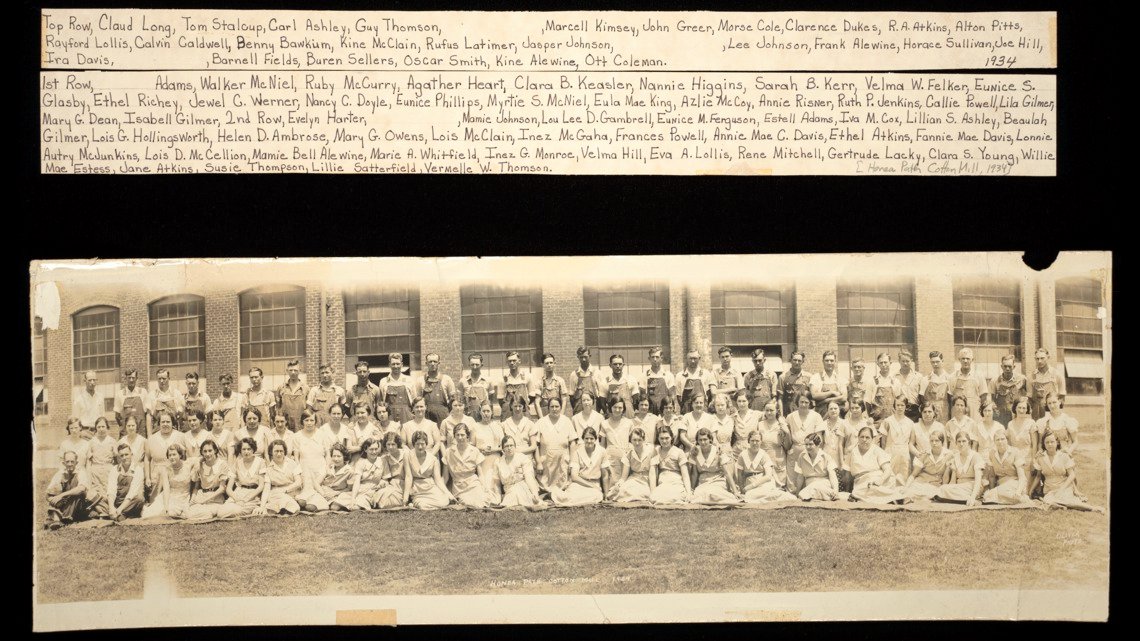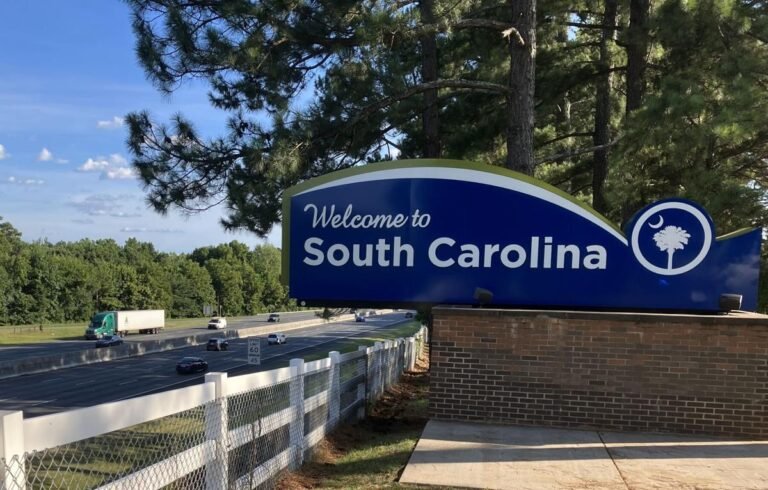‘Bloody Thursday’: How a 1934 South Carolina Mill Strike Helped Shape the 40-Hour Work Week
HONEA PATH, S.C. — In September 1934, the small mill town of Honea Path became the site of one of the deadliest labor strikes in American history, an event that locals rarely discuss but which played a pivotal role in shaping modern workplace protections.
The Strike at Chiquola Mill
On September 6, 1934, hundreds of striking workers and supporters gathered outside the Chiquola Cotton Mill, demanding better wages, safer conditions, and recognition of their union.
Inside the four-story mill, manager and town mayor Dan Beachman had deputized more than 100 loyal employees. Reports say a World War I-era machine gun was stationed on the roof.
When picketers sang and carried American flags at the gates, tensions escalated. Gunfire broke out, leaving six dead on the scene and a seventh dying later at the hospital. More than 30 others were wounded, all reportedly unarmed.
Aftermath and Community Silence
Funerals for the victims drew more than 10,000 people, but they were held in a field outside town because the mill-controlled churches refused to host them.
Although some shooters were charged, Mayor Beachman — who also served as magistrate — ensured their acquittals. For decades, the tragedy was largely suppressed in community memory, with survivors and families hesitant to speak.
Local historian and artist Justin Atkin said Honea Path has long avoided commemorating the day:
“They don’t want to be known for this. It’s not something to be proud of. My grandparents never talked about it.”
Legacy of ‘Bloody Thursday’
The Chiquola Mill tragedy came amid a massive textile strike wave across the South and East Coast. It exposed the dangers of unchecked mill power, where companies owned not only the factories but also worker housing, stores, and even churches.
Historians say the strike helped push national momentum toward reforms, including:
- The 8-hour workday
- The 40-hour work week
- Stronger child labor protections
Though the Chiquola Mill now lies in ruins, with only a smokestack and one wall standing, the memory of those killed has become tied to broader labor rights victories that changed American workplaces forever.
South Carolina’s “Bloody Thursday” remains a sobering reminder of the sacrifices that helped secure basic worker protections many take for granted today.
Do you think the state should create a permanent memorial to the victims of the Chiquola Mill strike? Share your thoughts with us at SaludaStandard-Sentinel.com.







